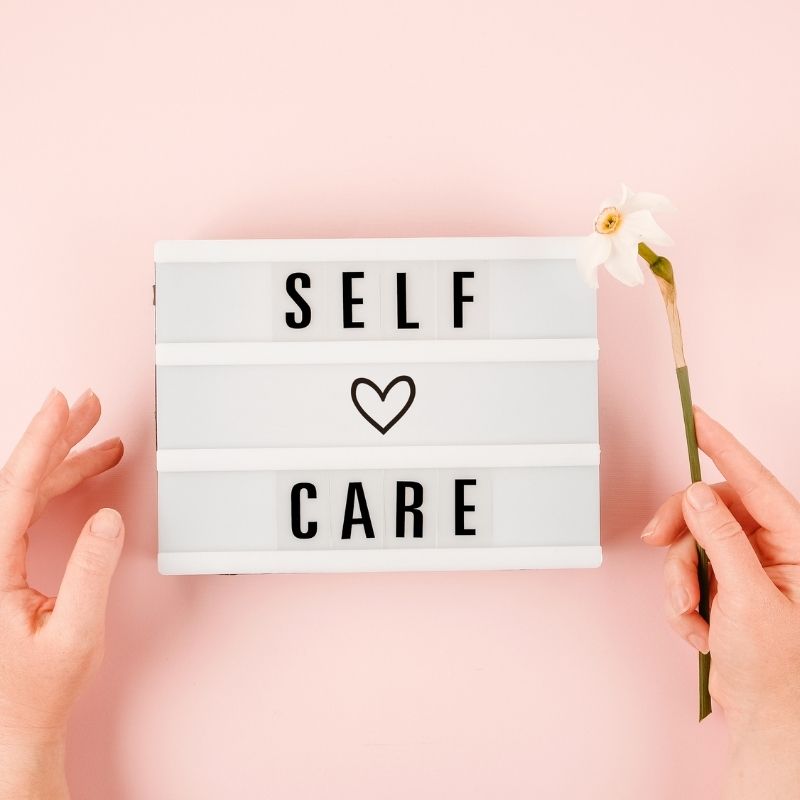I have been supporting youth and families touched by ADHD for twenty-plus years. One of the biggest changes in my practice during the pandemic has been the dramatic increase in referrals from parents concerned about their teens and young adults who are engaging in addictive behaviors.
Several studies have been done to evaluate the correlation between ADHD and addiction. Results show that youth with ADHD are more inclined to use drugs or alcohol as a way to cope with ADHD symptoms. In fact, about 25 percent of adolescents and adults with substance abuse problems also meet diagnostic criteria for ADHD.
While this information may feel overwhelming or even scary to some, there are many things that you can do as a parent to sway your loved one in a better direction.
Here are Five Ways to Help Your Loved One Make Better Choices:
1. Encourage Healthy Behaviors:

Instead of nagging your loved one to stop smoking marijuana, drinking alcohol, gaming for hours on end (you get the idea), encourage your loved one to do something positive for himself, like go to the gym, walk the dog, or cook a new recipe.ARE YOU KIDDING ME!!!! you shriek into your computer. I’ve tried that SO MANY TIMES! It gets me nowhere. Okay fine. I hear you. I never said that helping your ADHDer address his/ her or their addictive behavior and make healthier choices would be easy. You wouldn’t be reading this blog if it was a piece of cake. One thing to keep in mind is that people with ADHD tend to benefit WAY MORE from encouragement than nagging, threatening, or shaming.
So what does encouraging talk look like you may ask?
Here’s an example: Let’s say you want to encourage your teen to spend less time gaming. Instead of barging into his room mid-game and then shrieking about how he should be loading the dishwasher, shoveling snow, or doing ANYTHING more productive than battling an imaginary enemy, try something like this: “Hey Johnny, I miss spending time with you. I’d love it if you would go on a short walk with me. I promise I won’t lecture you about screen-time. I just want to spend a few minutes together. How about we leave in thirty minutes?” It’s important to prepare yourself for push-back. Most teens won’t feel thrilled about the idea of going walking with you. Teens with ADHD tend to have even more difficulty than neurotypicals shifting off of their interests. That being said, it may help to offer a small incentive for going on a walk with you, like a trip to Starbucks after the walk. If your teen outright refuses to go, don’t fret. There’s always a new day.
2. Keep Your Emotions in Check:
I realize that staying calm is a tall order for any parent who’s teen or young-adult is engaging in self-destructive behaviors. But it’s important to remind yourself of the end-goal: to help your loved one make healthier choices.I want to make it very clear that I am in no way implying that parents are responsible for their teen or young-adult’s addictive behaviors. But I am implying that losing your cool as a parent will not likely lead to any positive changes for your loved one. There’s a lot of misinformation out there about tough-love tactics. The truth is, your loved one needs encouragement, clear boundaries, and love, not yelling, pleading, or fear-tactics.
3. Seek Professional Support:

Many parents grind through difficult experiences on their own for way too long. Sadly, given the negative stigmas associated with addiction, parents often let undue guilt and shame keep them from seeking help.My strong advice to anyone in this situation is to seek professional support. You and your family deserve it.
4. Get Knowledgeable about Addiction:
Beyond Addiction: How Science and Kindness Help People Change by Jeffrey Foote (Author), Carrie Wilkens (Author), Nicole Kosanke (Author), Stephanie Higgs (Author) is an excellent bookfor parents raising a teen or young-adult engaging in addictive behavior. This hopeful book is full of great information about addiction, family systems, and real-life examples of supportive versus unsupportive strategies.Amber Hollingsworth, a chemical dependency specialist, is another great resource. Check out her YouTube channel, Put Down the Shovel, which is dedicated to supporting individuals and families impacted by addiction. Here are a few of her most watched videos: Stop Fighting about It: Get Your Kid Off Drugs and What Type of Consequences Will Make Someone Stop an Addictive Behavior?
5. Focus on Yourself:

One of the best things you can do to help your loved one begin to make better choices is to take care yourself. This will help you think, sleep and cope better. Now I realize that getting a manicure or going to yoga when you feel miserable and panic-stricken is easier said than done. It takes a lot of effort. But following your loved one around spouting off about the dangers of x, y or z won’t likely turn their behavior around, either.
Here are a few of my favorite self-care ideas:
- Go for a walk and practice your breathing. Listen to Vietnamese monk, Thich Nhat Hanh, share about the miracle of walking on the earth for inspiration
- Go to the bookstore or library and pick out a feel-good book
- Watch a calming or funny movie
- Take a bubble bath (I love Dr. Teal’s Foaming Bath with Pure Epsom Salt, Soothe & Sleep with Lavender)
- Enjoy a cup of non-caffeinated herbal tea (caffeine can increase anxiety)
- Cook your favorite soup recipe
- Go to a yoga class (even if you’ve never done yoga. Making it to your mat is the most important thing, not your yoga skills)
- Start a creative project
- Eat more fruits and salads
- Choose kombucha or another non-alcoholic beverage instead of an alcoholic beverage
- Light candles with your favorite scent
That’s all for now.
If you found this blog helpful, feel free to share it with a friend and subscribe for more blog posts.
Warmly,


